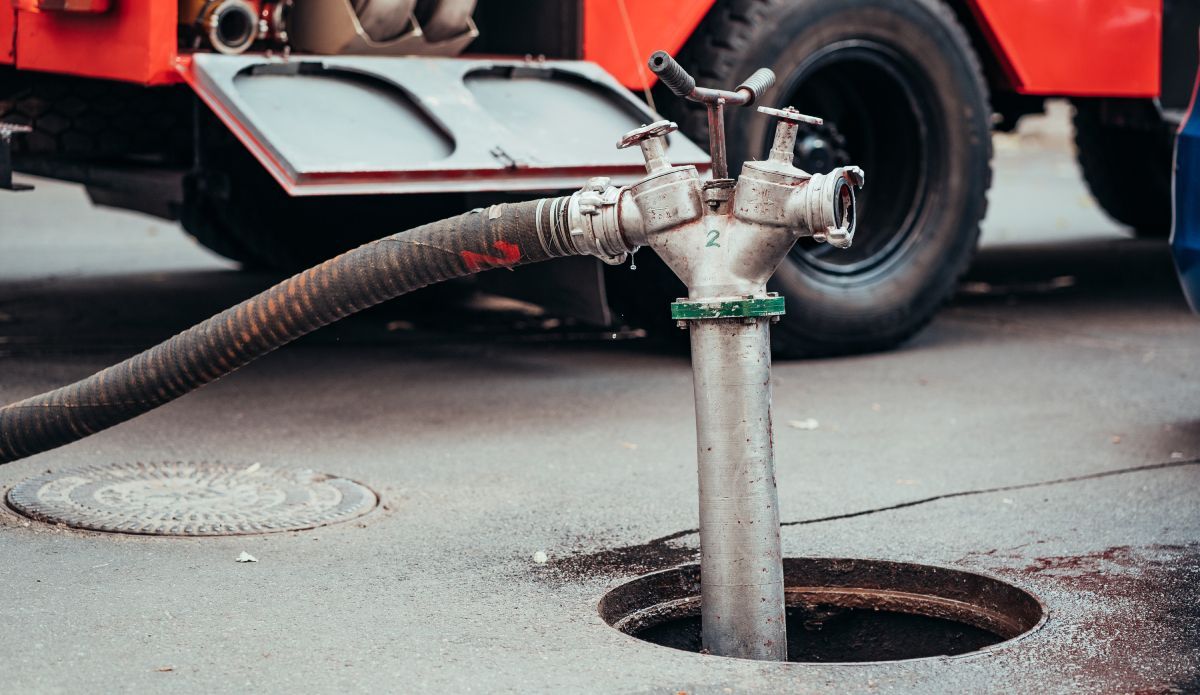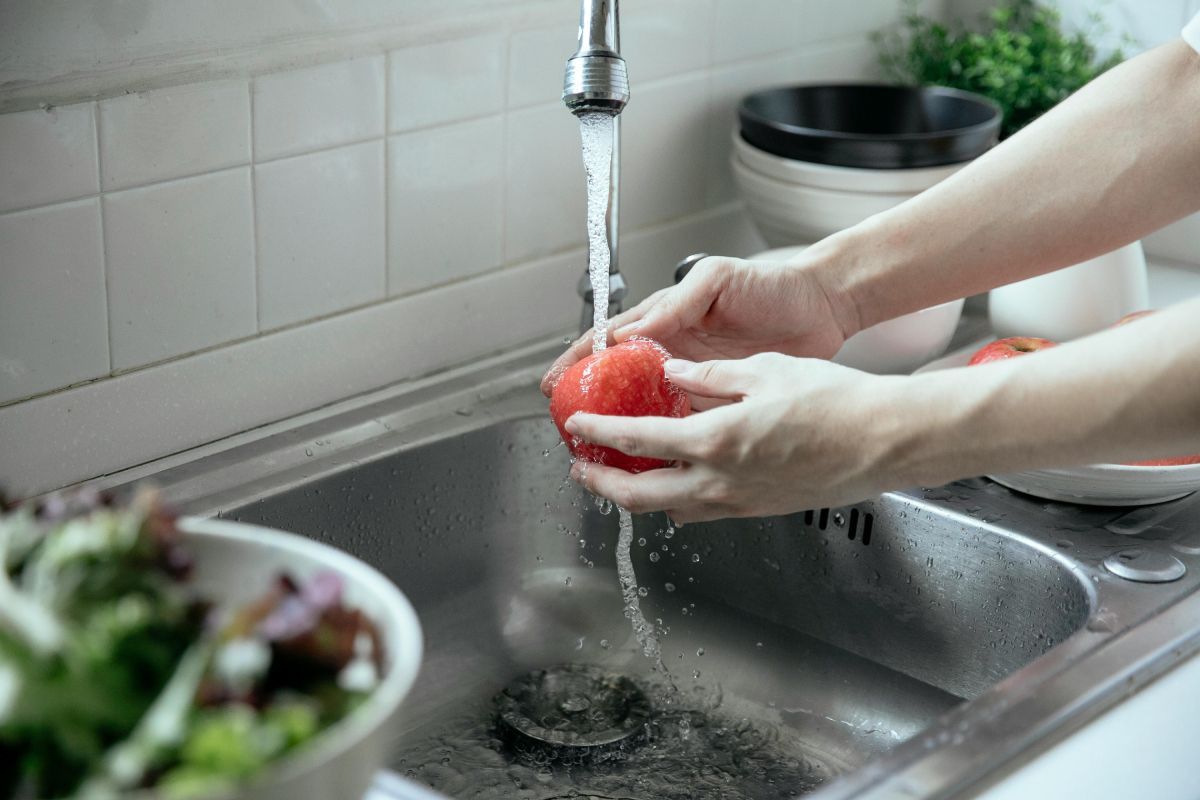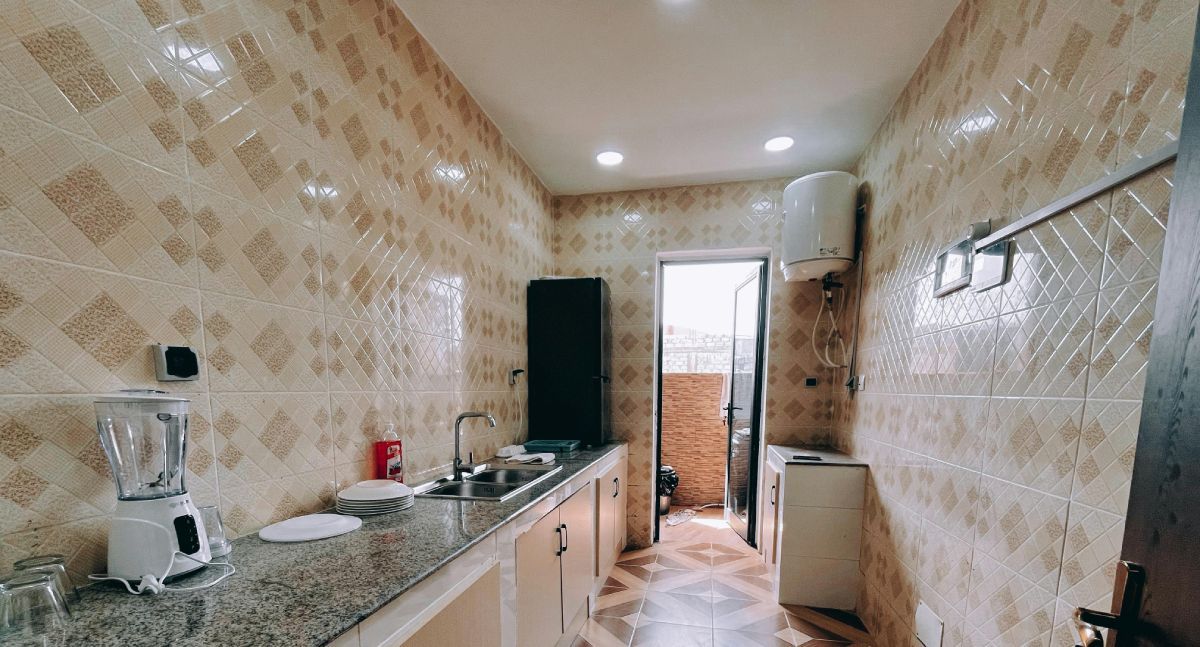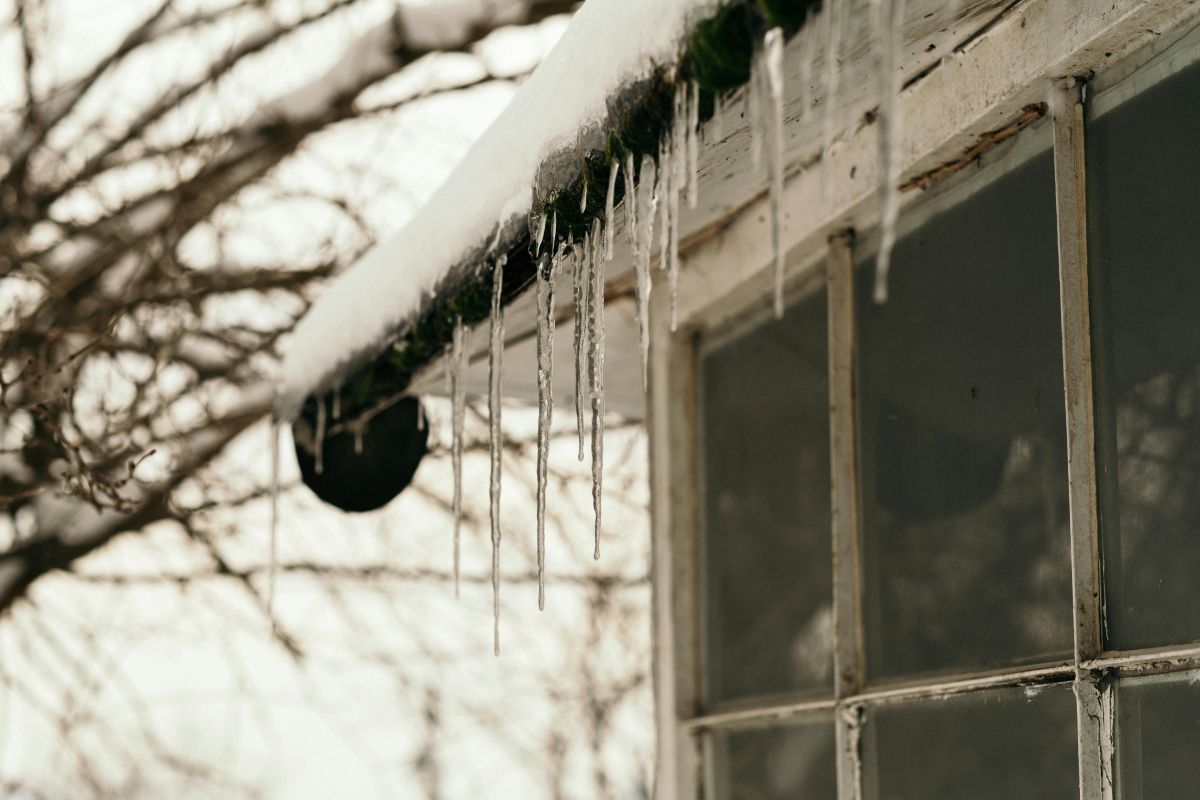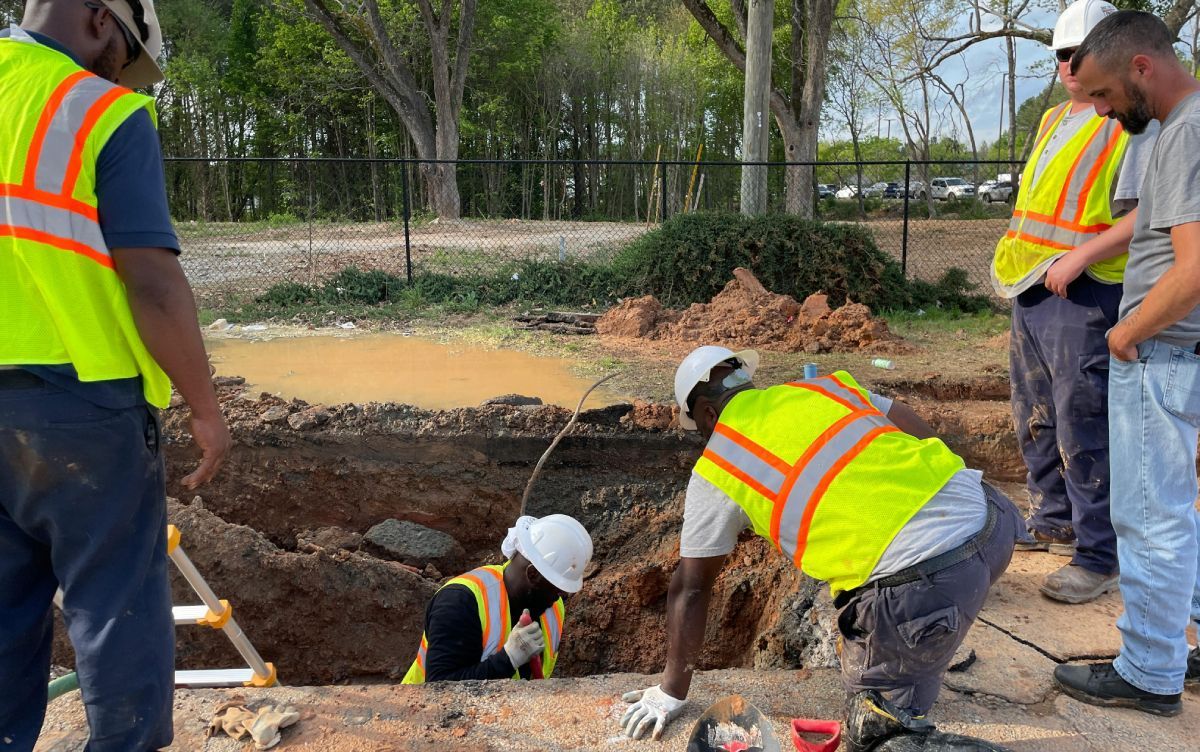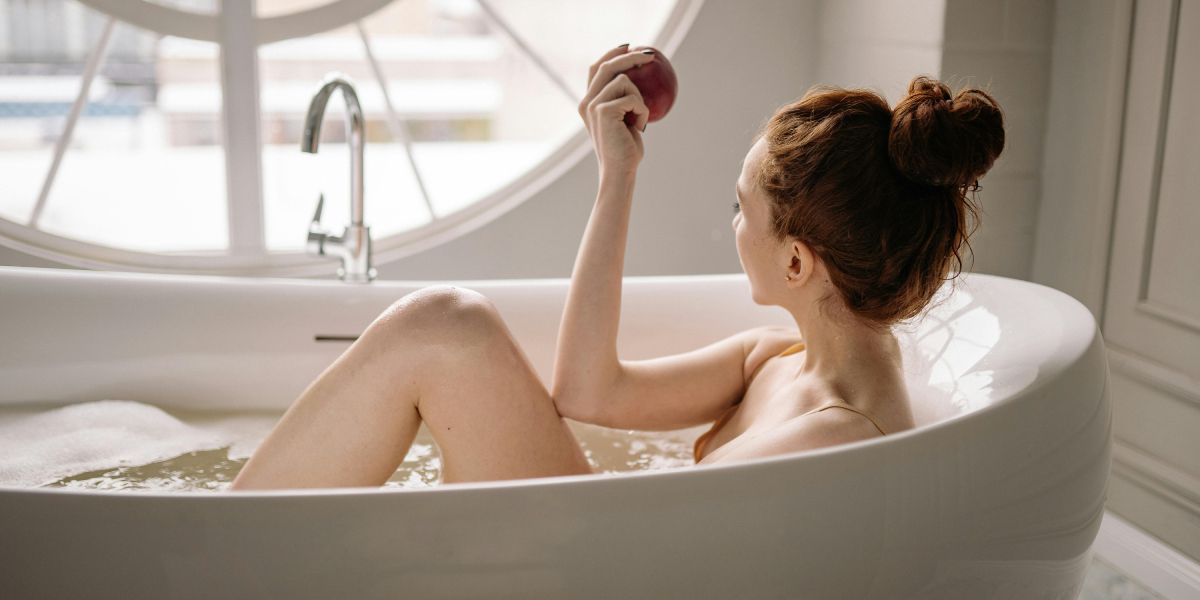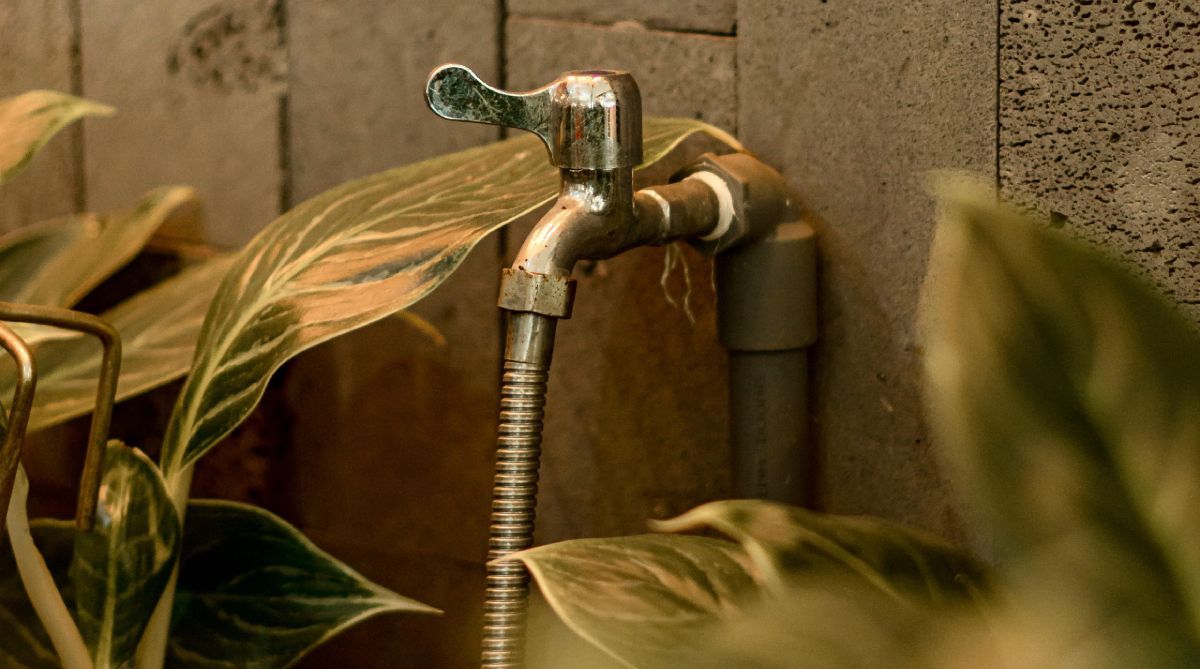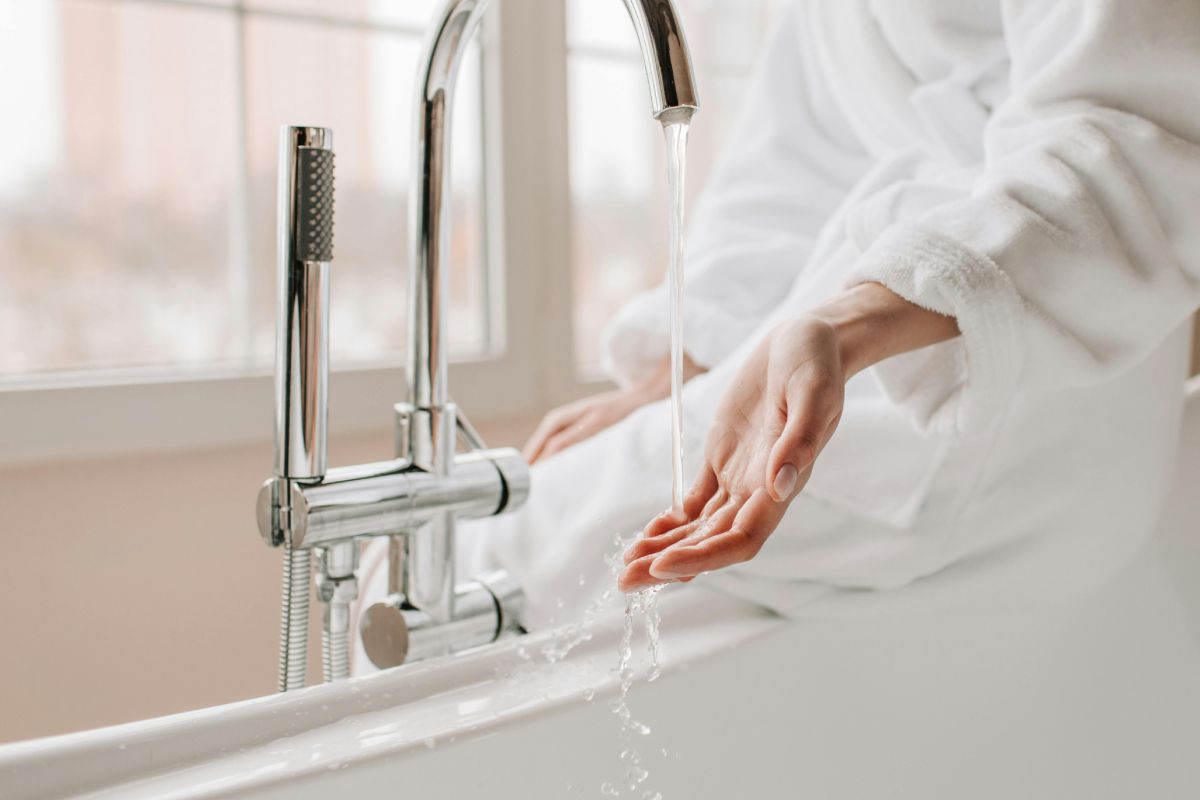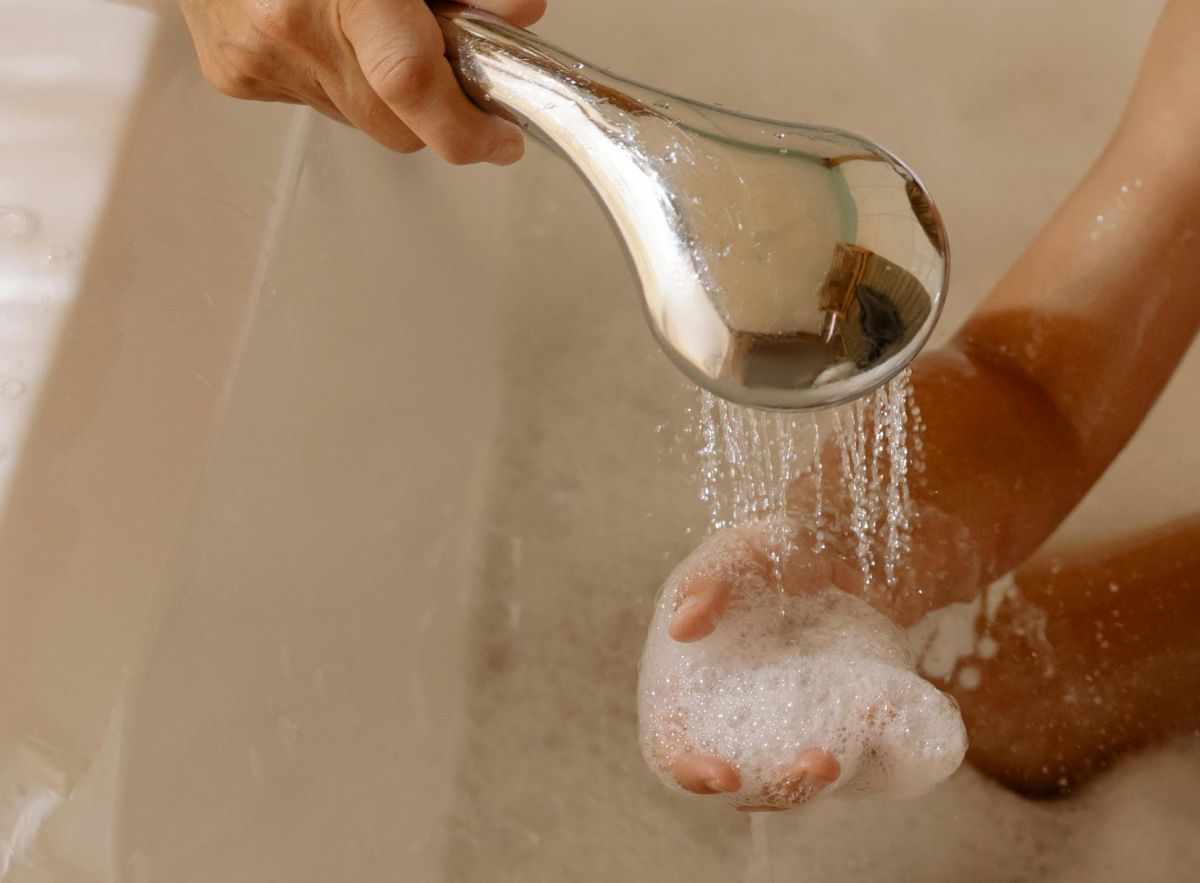Master Plumbers Blog
Plumbing Issues: Tips to Avoid Them
Plumbing issues can happen to most of us and usually at inconvenient moments. But there are things you can do to avoid them. Several things can go wrong in your household; your pipes will burst, water leaks, or you may experience a faulty faucet. We all have encountered plumbing issues at least once in our lifetime, and here are ways to help with your plumbing problems.
Unclog Your Drain
Your drain is likely to develop a clog if it drains slowly or bubbles form when you drain down the sink. Keep your pipes free from junk to avoid clogging and incurring structural damage.
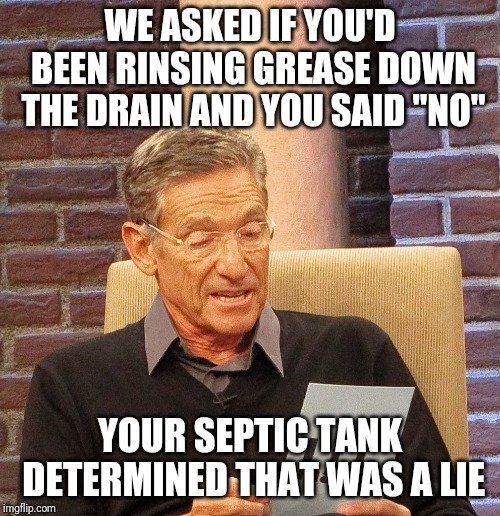
A. Grease buildup
Draining cooking oils, fats, and other sources of grease in the sink is a common practice in every household. Eventually, the grease will accumulate and cause a blockage of the drains. Discard the oil in a container instead of your sink, or use a filter or strain to catch this debris; you can also do the same to thwart grease buildup.
B. Clogged toilets
We discourage you from flushing waste products that do not quickly dissolve. Large items flushed down the toilet can cause a stoppage, and recovering the item will be hard. You can manually remove it from the bowl; just wear gloves if you find the thought appalling.
Unclog your drains, sinks, or toilets using a plunger. You may use a standard for drainage or sinks, but we suggest using a flange plunger for bathrooms.
Mains Plumbers is also here to assist if you cannot resolve the issue yourself.
Avoid using drain cleaning chemicals.
We do not advise using drain cleaning materials with harmful substances that could cause problems in the long run. These cleaning substances have acidic properties that can corrode and weaken the pipes. Instead, pour boiling water down the drain and do it at least once a week or whenever you deem it necessary.
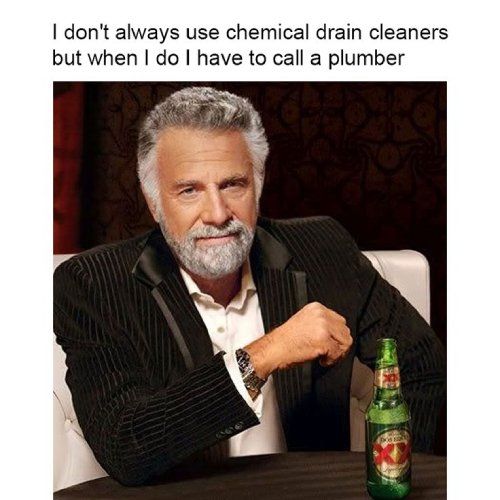
Straining the Drain
Water backup is a sign that your drainage or toilet is clogged, and the blockage on the pipes stops the water from going down. These clogged drains and pipes will cause significant plumbing issues and costly repairs if not immediately addressed.
Try putting a strainer over the drain to screen the deposits and catch the debris. Intercepting the waste before it goes down the drain can contain clogging and other severe draining issues. Pests will also try to go down the drain, but the filter can intercept them.
Regular assessment
Regularly checking your toilet and other bathroom amenities should be part of your weekly routine. Ultimately, issues may surface, and you should know when they started and how to address them.
A. Flapper Chain
A toilet flapper chain, found inside the toilet's tank, is a small device connected to the toilet's handle. When flushing, the handle lifts the flapper, and water is allowed to pass from the tank to the bowl.
If you encounter an issue with a running toilet, look inside the toilet tank, and inspect the flapper chain. Check to ensure that the chain has not tightened or worn out. Loosen the pressure on a tightly placed flapper chain and ensure that it has the ideal amount of slack.
After numerous attempts at adjusting the chain, and the problem persists, it is best to replace the flapper chain to stop the recurring issues.
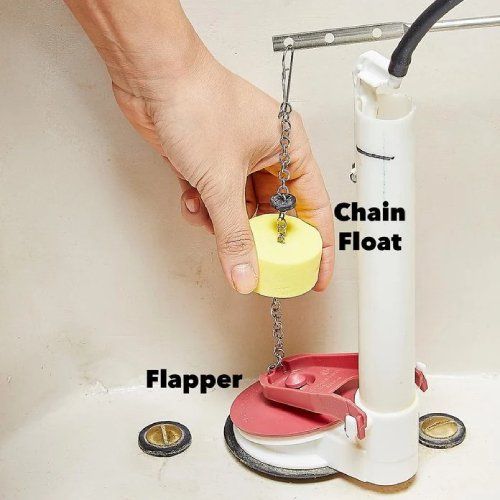
B. Look out for any leakage.
A leaking faucet is easily identifiable and resolved quickly. But, a leaking pipe will cause considerable damage if not immediately found.
A broken seal or pipe or a loosened rubber ring are common leakage causes. If the problem is with the faucet handle's rubber ring, you may choose to replace the o-ring. The o-ring stops the water from oozing out; if it wears out, the water will go out of the base of the fixture.
You cannot fix leaky pipes quickly, but we recommend that you regularly check your lines. Visible rusting or the formation of white lime deposits on the pipes means a hole needs patching.
For nonmetallic plumbing pipes, a rubber sealant keeps things waterproof. Over time, the rubber seal is impaired and loosens its hold on the line. Once loose, the water can find a way to break through the rubber seal and leak.
Assuming you have no experience with plumbing; in that case, we suggest you call your plumber to prevent the problem from escalating further.
C. Running Toilet
A running toilet is a significant contributor to water wastage; check on your toilet tank to see if it is leaking. If you have food colouring on hand, put a few drops into the toilet tank and return after a few hours. If you find colour in the bowl, it is an indication your toilet is leaking.
If your toilet is leaking, check on the flush valve to see if it is properly working. The flush valve is found inside the tank, releasing a large volume of water when activated and closing on its own. The toilet will continue to run unless you repair the flush valve.
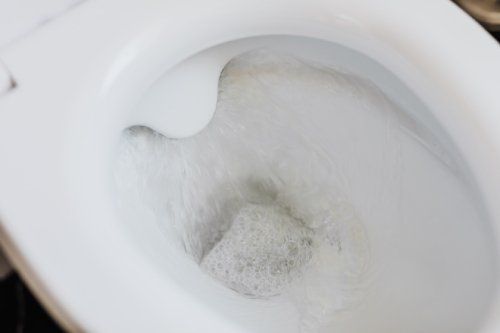
D. Inspect the bolts and gaskets
Bolts connect the toilet tank to the bowl, while the gasket is the wax that seals the toilet to the plumbing. These two secure the toilet tank and bowl to prevent causing damage to the flooring, the pipes, or the drainage.
These components of the toilet are also prone to wear and tear. Bolts and gaskets, when worn out, should be replaced. If you see water leaking on the floor behind the lavatory, it is a sign that your bolts need replacing. Reach inside the toilet, and look for the rubber gasket; if you see black streaks on your finger, it is time that you change the gaskets.
E. Look into your water heater
Your water heater has 15 to 20 years, but repair is needed when it begins to leak or break down, and it will be costly. You have to constantly check your water heater, look for rusting or leaking indications, and inspect it regularly to monitor its usage and not miss out on anything.
Issues with the water temperature are a telltale sign of a broken water heater. Regardless of how little, any visible issue should signify that the water heater needs a thorough check. And you will need the assistance of a licensed plumber to assess the problem and fix it.
Watch what you flush down your toilet
Solid wastes, such as food, diapers, and feminine hygiene products, should not be flushed down your toilet; unless you want to spend hours unclogging it.
It is customary to have a garbage bin in the bathroom to dispose of these large items. Your toilet is for the disposal of bodily waste and toilet paper; it does not function as a garbage can. So, ensure that the things going down your toilet are dissolvable to stop clogging the pipes.
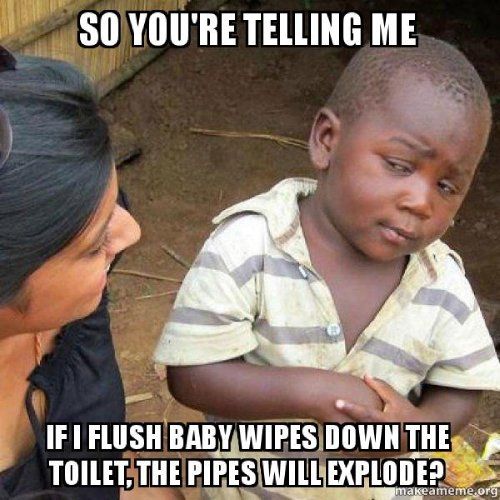
Turning off your water supply
Suppose you leave your household unattended for an extended period. In that case, we suggest you turn the water supply to the house off to avoid meeting accidents, especially when you are not there to handle the situation when it arises. You can leave the water heater on, but remember to turn off the cold-water valve connected to the house.
Your pipes are also at risk of damage if you plan on renovating your home. Turning off the water supply will help contain mishaps and avoid damaging your property if there is flooding.
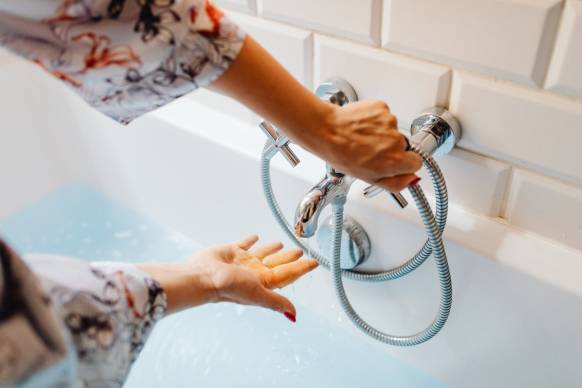
Cut off supply during emergencies.
Conduct regular assessments, and see if your main water valve works properly. Also, ensure that you and your family members know how to turn off the valve during emergencies. You can also hang a sign or label above for immediate identification.
Imagine your damaged pipes; there is a tendency that water will leak and cause flooding. It's often a cause of damage to properties, and processing for insurance will be challenging. Know where to look for the water valve and how to turn it off.
Install a backwater valve to contain sewage overflow or floodwater and stop them from entering your basement. A backwater valve will automatically shut down to prevent flooding into your home.
Winter is coming, so be prepared.
You have to maintain your pipes during the cold and check them to see if they incur damage. A damaged pipe, especially in the chilly season, can easily burst and cause trouble to your plumbing system. Secure the insulating pipes to keep your lines adequately insulated.
Outdoor water supply and hoses
Your rubber hoses are prone to cracking and may grow brittle, ultimately bursting. You should have the hose replaced if you begin to see signs of brittleness to prevent them from erupting. Prevent the problem from recurring by replacing the rubber hoses with stainless steel braided hoses.
Regularly inspect your hoses, especially during the winter, when the cold climate can affect your water valve. Outdoor water valves are exposed to the weather and tend to freeze the water if not turned off.
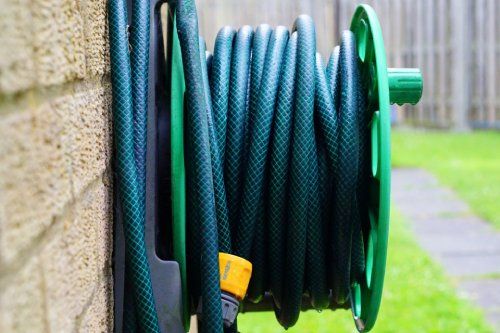
Replace old pipes
Pipelines are also subject to wear and tear and other factors that can result in their deterioration. Although some of these older pipes are still functional, the ones that no longer work should be replaced instead of continuously repairing them. It will be costly, and sometimes it is not even worth it with the constant development of newer approaches.
Fix recurring problems
Let a professional plumber check on your lines if you are experiencing difficulties dealing with them alone. Do not wait for the problem to recur; immediately seek assistance for plumbing concerns unfamiliar to you.
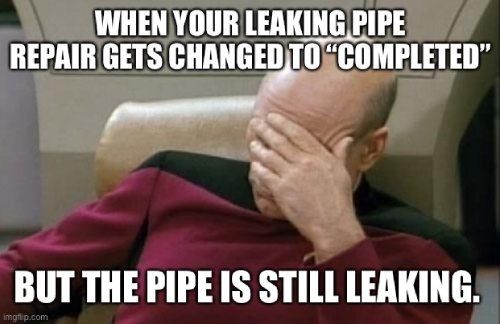
Know when to call your plumber
Knowing when to
call your plumber
is a tip to prevent other plumbing crises. Going ahead without professional assistance would probably cause more damage to your pipes. You will pay more than you initially would have to pay if you immediately sought a professional's opinion.
Conclusion
The key to avoiding plumbing issues and extended repair times is knowing how to prevent them. You can take care of these before they become serious issues, and you can use preventive measures to address water leaks and clogged drains, save money on unexpected repairs and help your plumbing last longer.
If you reside in New Zealand and still find yourself in a bind despite following the tips above, Mains Plumbers is here to help you deal with your plumbing problem.


